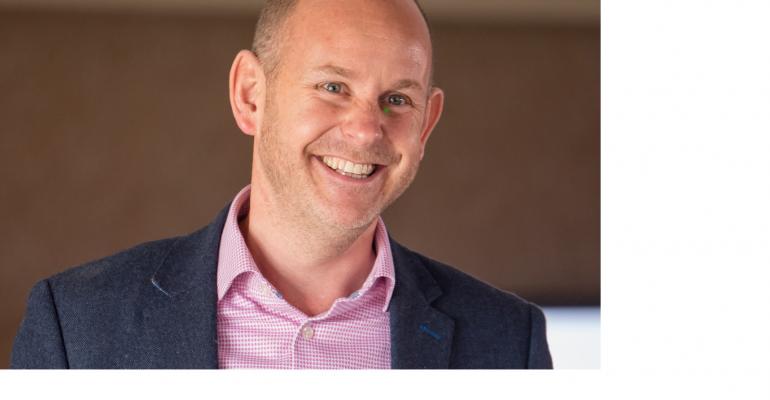This month, Mark Cooper, the chief executive officer of the International Association of Conference Centers, became chair-elect of the Events Industry Council, preparing to take over from Paul VanDeventer next year. His leadership role with the 400-plus IACC venues in 27 countries has meant championing small to midsize venues and the types of events and educational conferences that drive this sector of the industry. IACC’s research on industry trends and the meeting room of the future illustrate what attendees want and what new standards planners should expect.
Cooper spoke with MeetingsNet about how the industry can help change the world, and why he might sometimes have soil under his fingernails.
MeetingsNet: What do you bring to your role with the Events Industry Council?
Mark Cooper: One of the things I bring is IACC’s experience instituting sustainability standards, which has been a part of our core values for at least 13 years now. Our goal was to lead the industry in terms of providing knowledge, largely fueled by our members in Scandinavia where sustainability and innovation is part of the culture. We approached it systematically with our Green Star certification program for members. Some initiatives sound easy, like eradicating single-use plastic bottles in venues while still providing water, but you have to have infrastructure in place and we are a repository for that kind of knowledge.
MN: Has IACC worked with the EIC before?
MC: When the EIC launched its sustainability meetings certification, IACC agreed to pioneer the process for our Knowledge Festival in 2019. We were awarded the gold standard, but it was incredibly tough. The impact on delegates was profound. Our attendees experienced meat-free dinners including the gala, alternatives to single-use plastics, and we only used transportation firms with electric vehicles. Our keynote speaker was a climate activist who gave specific action items to delegates.
MN: What are the main challenges facing venues?
MC: There are two challenges for us. First, repurposing unused food. There are barriers that prevent unconsumed food that has been kept in controlled environments from being donated. Legislation in certain states and countries makes it too hard. MGM is very successful at this in Las Vegas but in some places, it is almost impossible. When we do find ways to reduce food waste, we need to do a better job of telling attendees and planners about it so it becomes universal. Second, companies that offer sustainable solutions are just not active enough in the industry. We need to champion them as a resource and educate the industry on what is on offer, e.g. compostable materials for plates and utensils and alternatives to paper-based flipcharts. If our members make a commitment to change things, they need to have suppliers to choose from.
MN: What else is IACC working on that will benefit the industry?
MC: We are working on a comprehensive social responsibility plan for our staff and the wider community. Sustainability and wellness are both components of overall social responsibility and our members probably employ around 35,000 people around the world, including in supply chains. This year we will be rolling out initiatives to support education and skills training for our members that will benefit the whole community.
MN: Tell us something that people would be surprised to know about you.
MC: I’m fortunate to travel a lot, but my center of gravity is being at home getting my hands dirty working on my huge vegetable allotment! I’m a firm believer in growing your own. When you cherish every last lettuce, it makes you think very hard about things like food waste.





